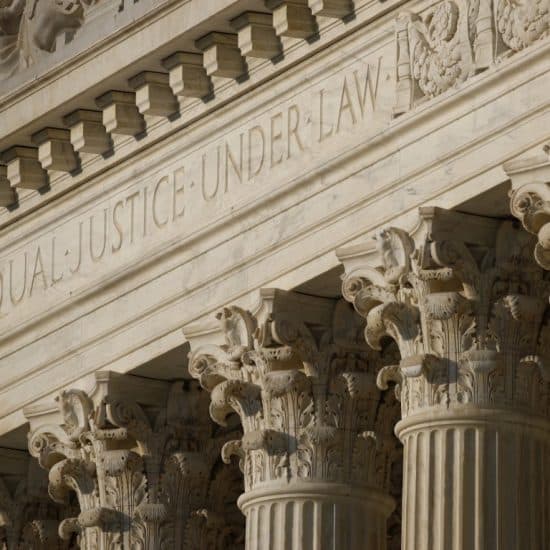
The Missouri House has approved a bill exempting private and religious schools from raising the minimum wage for their workers, as state law now requires.

Image by Rudy and Peter Skitterians from Pixabay
It was the wrong decision. Janitors, bus drivers, lunchroom employees, anyone working for an hourly wage at a private or religious school could earn less if the bill becomes law. The Missouri Senate should reject the idea for that reason alone.
But the measure is also part of a trend in Missouri and in other states to exempt religious organizations from laws that apply to everyone else. For that reason, too, the proposal should be discarded.
In 2018, Missourians voted to raise the minimum wage each year until it reaches $12 an hour in 2023. This year, the minimum wage is $9.45 an hour.
Almost 1.5 million voters approved the increase. Their message was unmistakable: Low-wage earners in Missouri deserved a raise.
But Missouri state Rep. Tim Remole, a Republican from Excello, believes religious and private schools are suffering under the wage hike. Higher tuition is a burden, Remole claims, for people paying property taxes “and also for their children’s education in Christian schools.”
A modest tuition increase hardly seems too much for parents who make the choice to send their children to private schools. Moreover, it isn’t clear why a religious school should enjoy a break from higher minimum wages, while a religious bakery or coffee shop or retail store would not qualify.
We do know this: Cutting the minimum wage for religious school workers hurts those employees.
Remole is right to be worried about part of the minimum wage law that currently exempts public employers, including schools, from paying the higher wage. The exemption was included out of concern that the courts would reject the wage law as an unconstitutional imposition on local governments.
But the remedy is to fix the constitution, not to favor one private enterprise over another. (It’s also important for voters to tell elected officials to pay their employees the full minimum wage, no matter what the law says.)
That leads to our broader concern: exempting religious groups from laws that everyone else must follow.
In 2017, the U.S. Supreme Court said Missouri violated the First Amendment when it decided a religious school in Columbia could not take part in a state-run scrap-tire program for playgrounds. We firmly endorsed that ruling.
But private religious schools can’t demand access to secular programs when it suits them, then turn around and demand an exemption from secular laws they don’t like. That’s what Remole’s bill would do.
In 1990, then-Supreme Court Justice Antonin Scalia, hardly a liberal, said this: “We have never held that an individual’s religious beliefs excuse him from compliance with an otherwise valid law.”
His ruling touched off a national scramble to enact so-called “conscience laws” protecting religious practices from burdensome secular interference. We’re still fighting about what those laws mean.
But paying a fair hourly minimum wage falls squarely on the protected side of the ledger. The legislature should reject any attempt to carve out a minimum wage exemption for religious schools.


